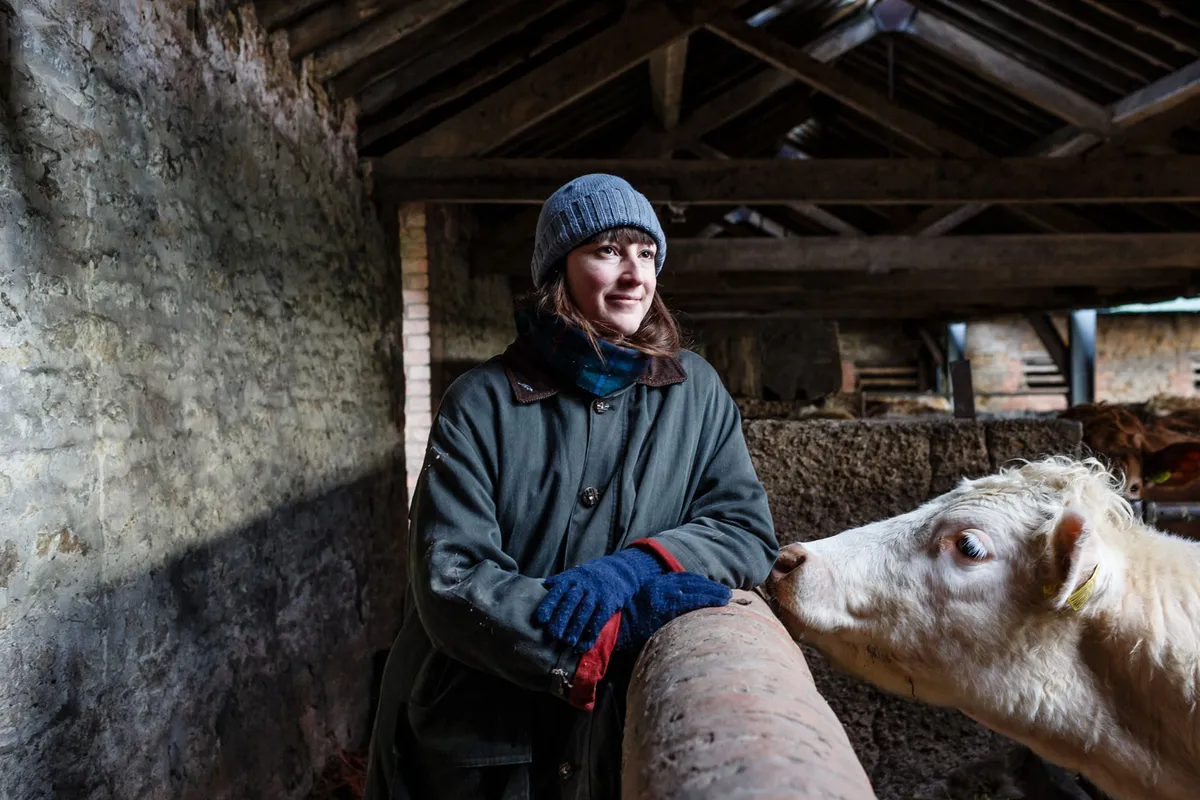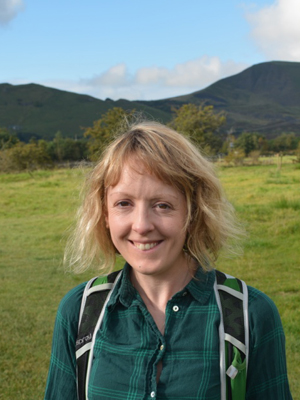Did you know International Women's Day, is over 100 years old?
What is International Woman's Day?
International Women's Day celebrates the social, economic, cultural and political achievements of women worldwide, and is a call to action for gender parity. The first International Women's Day (IWD) took place in 1911 across Austria, Denmark, Germany, and Switzerland.
When is International Women's Day 2024?
Every year, International Women's Day is celebrated on 8th March.

